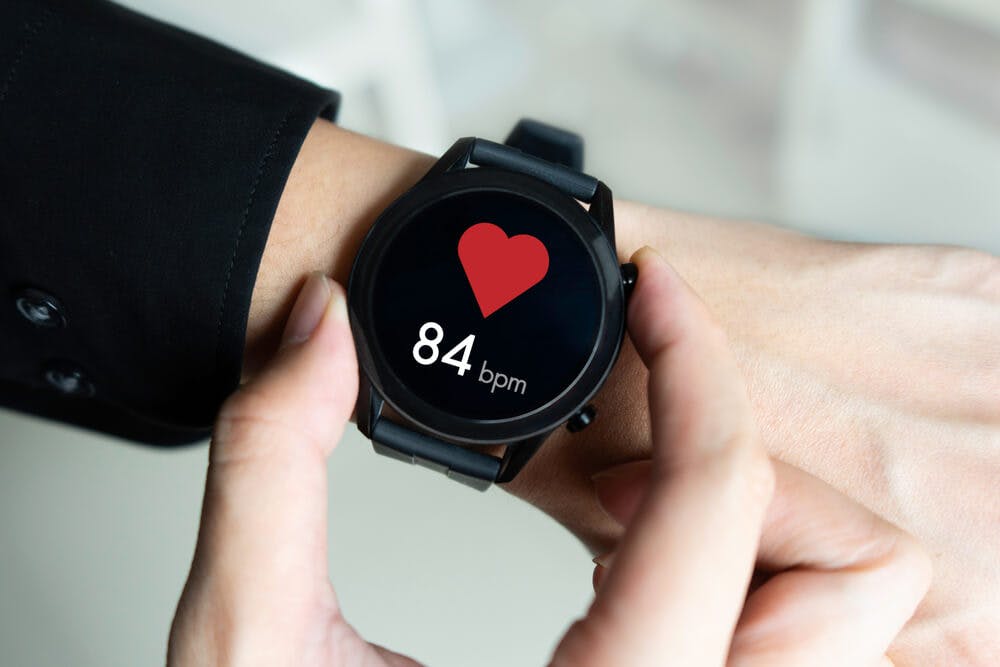


Achieving weight loss effectively involves a combination of a balanced diet, regular exercise, and potentially evidence-based treatments. A healthy diet should focus on whole, unprocessed foods like fruits, vegetables, lean proteins, and healthy fats while limiting added sugars and unhealthy fats. Regular exercise, aiming for at least 150 minutes of moderate-intensity activity per week, is essential for burning calories and improving overall health, and in some cases, evidence-based treatments such as prescription medications or weight loss surgery may be necessary, especially when diet and exercise alone are insufficient.
How much exercise should I do to lose weight?’ is one of the most commonly asked questions on the internet. The majority of people want to look good, but they don’t know how. Unfortunately, most people are told to ‘just exercise’ or ‘eat better’ while they go along their merry way doing absolutely nothing and getting nowhere.
So rather than relying on their own assumptions, come to Mosh for advice. Our doctors work hard to provide our patients with clinically-backed advice on weight loss and, if necessary, weight loss plans to help people achieve their fitness goals.
Get the answer to questions like ‘How much exercise should I do to lose weight?’ and other health-related concerns on our platform.

Losing weight can be a challenging and complex process, but there are several strategies that can help you reach your weight loss goals. Diet, exercise, and clinically-backed treatments are some of the most common and effective ways to lose weight and improve your overall health.
Eating healthy, balanced weight loss diets is an important part of any weight loss program. Choosing whole, unprocessed foods, such as fruits, vegetables, whole grains, lean proteins, and healthy fats, can help you feel full and satisfied while providing your body with the nutrients it needs.
Limiting added sugars and unhealthy fats, such as those in sugary drinks, fast food, and processed snack foods, can also help you lose weight and reduce your risk of gaining it again.
Exercise is an essential part of any weight loss program. It can help you burn calories, improve your cardiovascular health, and build muscle.
When it comes to figuring out ‘How much exercise should I do to lose weight?’ it ultimately depends on your weight and consumption. But in general, adults aim for at least 150 minutes of moderate-intensity physical activity or seventy-five minutes of vigorous-intensity physical activity, or a combination of both, each week. This translates to about thirty minutes of moderate-intensity activity per day, or fifteen minutes of vigorous-intensity activity per day.[1]
In some cases, evidence-backed treatments, such as prescription medications or weight loss surgery, may be recommended for individuals who are struggling to lose weight through diet and exercise alone.
These treatments should only be considered after consulting with a healthcare professional, such as a Mosh doctor, and should be used in conjunction with the best diet for weight loss for you and an exercise program.[2]
It’s important to remember that everyone is different, and what works for one person may not work for another. It’s a good idea to consult with a healthcare professional to create a personalised weight loss plan that meets your specific needs and goals.
The amount of exercise you need to do to lose weight will depend on your current fitness level, your goals, and any physical limitations you may have.
However, to give you a general answer to your question of ‘how much exercise should I do to lose weight’ you can try 2.5 hours of moderate intensity activities every week. These include activities that get your heart rate up and make you break a sweat, such as brisk walking, cycling, or swimming.[3]
In order to perform the correct exercises at the right time, you need to know which exercises are right for you by consulting Mosh doctors.
Simply begin by filling out our questionnaire with your basic information, medical history, and weight loss goals. Within twenty-four hours, you can expect a response from one of our Mosh doctors with either clinically-backed advice or a weight loss treatment program, if necessary.
You may then get in touch with your doctor via text, call, or video chat if you have any questions or reservations about your proposed treatment plan. You can even take this time to ask any burning questions you may have, such as ‘What food makes you lose weight?’, or perhaps find out how to calculate body fat percentage.
There are many exercises that can help you lose weight and get in shape, but the best exercise to lose weight will depend on your current fitness level, your goals, and any physical limitations you may have. Here are a few exercises that you can incorporate into your daily routine to help you lose weight and improve your overall fitness:
It’s important to consult with a Mosh doctor professional before starting any new exercise program, especially if you have any underlying health conditions or injuries. It can be difficult to know what exercises will be beneficial to you and what could cause more harm than good if you don’t consult a medical professional beforehand.
If your Mosh doctor recommends a weight loss program for you, it’s going to be either The Dadbod Program or The Bigbod Program depending on which profile best resembles you so you no longer have to keep asking yourself ‘How much exercise should I do to lose weight?’
Enrolling in a weight loss program at Mosh will give you access to an online supportive community for weight loss, a comprehensive progress dashboard, supplement shakes, and weekly meal plan guides.
Moreover, you will be able to have unlimited consultations with your doctor where you can find out things like how to lose chin fat, ask how to lose belly fat overnight.
It’s not all about asking questions like ‘How much exercise should I do to lose weight?’. Your diet plays a major factor as well. Eating a healthy, balanced diet is an important part of any weight loss program. When paired with regular exercise, a healthy diet can help you lose weight, improve your overall health, and reduce your risk of chronic diseases such as diabetes and heart disease.
Eating a healthy and balanced diet is important for maintaining good physical and mental health. To achieve this, it is recommended to focus on whole, unprocessed foods such as fruits, vegetables, whole grains, lean proteins, and healthy fats. These types of foods are more nutrient-dense and can help you feel full and satisfied.
It is also crucial to limit added sugars and unhealthy fats found in foods and drinks like sugary drinks, fast food, and processed snack foods, as these can contribute to weight gain and increase the risk of chronic diseases.
Fruits and vegetables are an important part of a healthy diet as they are high in fibre, which can help with feeling full and satisfied, and are also rich in nutrients such as vitamins and minerals. Staying hydrated is also key, as drinking plenty of water throughout the day helps flush out toxins from the body. It is recommended to avoid sugary drinks and alcohol, which can contribute to weight gain
It’s also important to remember that everyone is different, and what works for one person may not work for another,[6] which is why Mosh doctors are needed to help create a personalised diet plan that meets your specific needs and goals.
Mosh doctors have a specialised interest in men’s health and thus want to provide those with any medical concerns or issues with the best service possible.
One way they do this is by providing a wide range of medical, over-the-counter, or coaching solutions depending on their unique circumstances. With Mosh, you can be sure you’re just as taken care of as the rest of our patients.
Contact us today to get started!








Want to see how Mosh can help you?